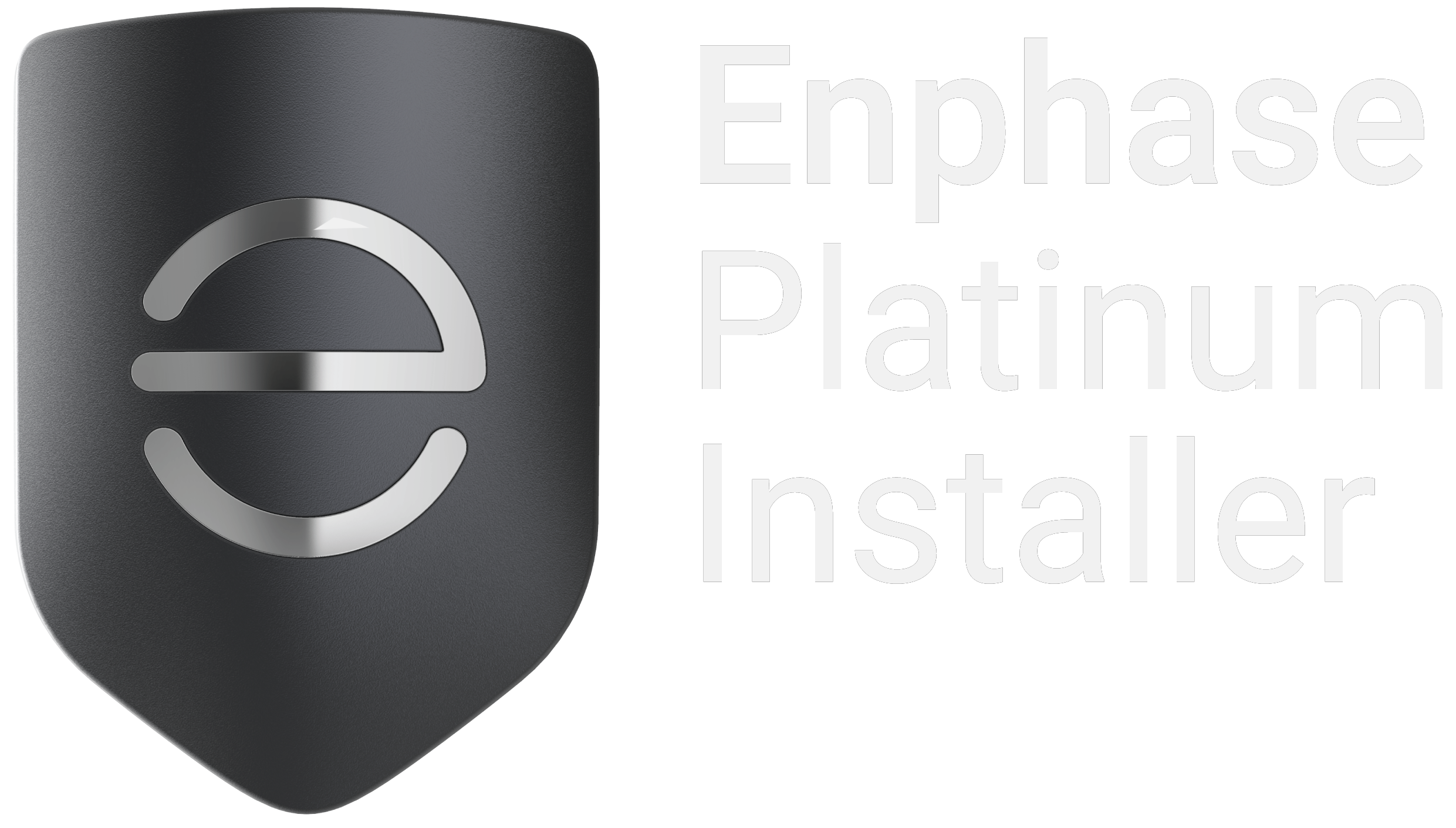
Among the various climate-conscious incentives available to consumers and industries, the Residential Clean Energy Credit, commonly referred to as the Solar Investment Tax Credit (ITC), stands out as one of the most impactful. So, is the solar tax credit going down in 2023? Initially scheduled to decrease in 2023, the ITC has instead been extended until 2032, effectively raising the amount of credit that can be applied against income tax burdens from 26% to 30%. Furthermore, the tax credit is retroactive to solar energy systems installed during the 2022 tax year. In this blog post, we will delve into the details of the Solar Tax Credit, discussing its significance, eligibility criteria, and the process for claiming it.
Is the Solar Tax Credit Going Down In 2023?
The Solar Investment Tax Credit (ITC) has been extended beyond its original expiration date, resulting in a higher tax credit for solar installations. Instead of decreasing as previously planned, the ITC will remain at 30% until 2032. This extension provides an excellent opportunity for homeowners and businesses to take advantage of the increased credit and invest in solar energy systems. It is important to note that the tax credit is retroactive to the 2022 tax year, meaning that installations completed last year are eligible for the credit.
What Is the Solar Tax Credit?
The Solar Tax Credit, or the Solar Investment Tax Credit (ITC), is a federal tax credit designed to reduce income tax for those who invest in solar photovoltaic (PV) energy generation systems. Homeowners and business owners who installed or will install solar systems between 2022 and 2033 are eligible to claim a tax credit equal to 30% of the overall cost of the system, including components, installation, and associated fees. This incentive encourages individuals and organizations to adopt renewable energy solutions and contribute to a more sustainable future.
Eligibility for the Solar Tax Credit
To determine your eligibility for the Solar Tax Credit, consider the following criteria:
- The PV system must be an original installation or operational for the first time.
- You must either own the solar system outright or have financed it through a loan.
- Leased systems or those where you pay someone for the energy generated are not eligible for the credit.
- The tax credit can only be claimed based on the cost of the PV system, including components, installation, and fees. Appliances and items that operate on the generated energy are not included.
How Do I Claim Solar Tax Credit?
If you meet the eligibility requirements for Solar Tax Credit, you will have to complete Form 5695 and include it with your federal tax return for the tax period where the PV system is first installed and operational. Form 5695 is specifically designed for residential energy credits and allows you to claim the credit for solar installations. Make sure to follow the instructions and include all necessary documentation to substantiate your claim.
The extension and expansion of the Solar Investment Tax Credit until 2032 provide a valuable opportunity for individuals and businesses to benefit from increased tax credits for solar installations. By claiming the ITC, you can significantly reduce your income tax burden while contributing to a cleaner and more sustainable energy future. Embracing solar energy not only provides financial advantages but also helps combat climate change and supports the transition to a greener world. Ready to go solar? Give us a call at (858) 324-8398, or click here for a FREE estimate!






